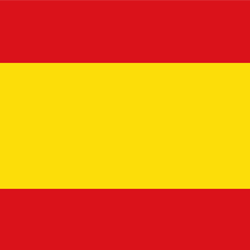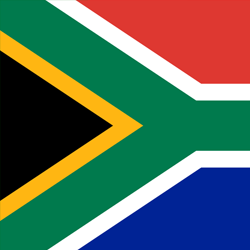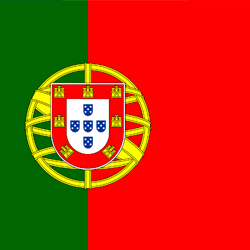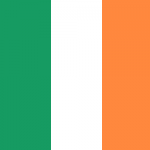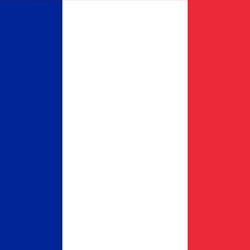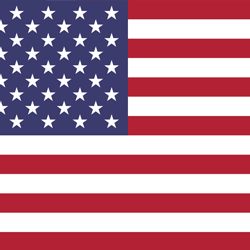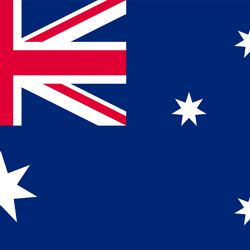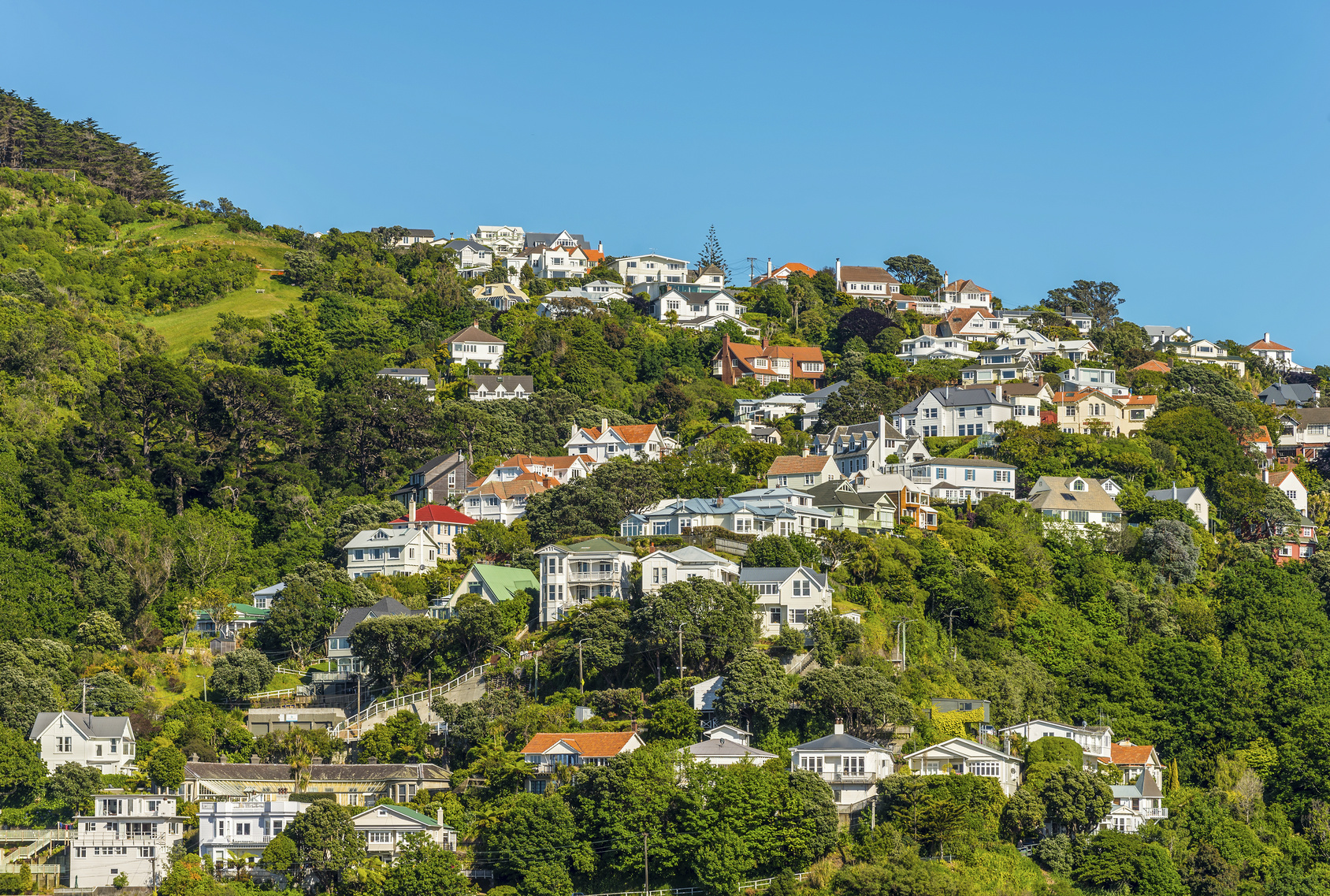House prices in New Zealand are going from strength to strength. Since 2013, the average property in New Zealand has increased in value by 52%. These gains, however, have not been shared equally across the country. While Auckland homeowners watched the value of their asset soar by 83%, those in Rotorua have seen increases of nearer 30%.
Last month, average prices in Auckland hit NZ$1m (£575,000) for the first time. But the fastest growth area of all has been in South Island. In September, Wellington outstripped its northern neighbours, up 21% year-on-year, compared to 15% for Auckland.
Prices are being inflated by high demand and low interest rates. New Zealand’s central bank has attempted to cool the market by demanding investors pay 40% of the property price in cash. The jury is out, however, on whether direct intervention is a good thing. The finance minister, Bill English, said a booming property market was a great problem to have. His argument was that it shows there is a lot of optimism in the state of the economy.
Yet a recent survey of business CEOs showed that 70% felt the government was not doing enough to dampen house price inflation.
Housing minister Nick Smith pointed the finger at local councils who blocked development. This led to restrictions on supply, he said, and consequently pushed up price.
But analyst Nick Goodall said most local councils did not go in for direct intervention. Auckland was an exception, he said, because of the increasing unaffordability of housing in the area. The authorities there had relaxed zoning regulations and allowed higher density development. This will allow more than 400,000 new homes to be built.
As for the rest of the country, he said, “Low interest rates especially are a significant factor in the increased demand at the moment and local councils can’t do anything about that.”
In the aftermath of the Brexit vote, the number of applications from Brits wanting to emigrate to New Zealand doubled. Sadly, these hopefuls have been hit with the double whammy of soaring property prices and a plunging pound.
All is not lost, though. The west coast and deep south of New Zealand’s South Island, as well as some of the southernmost parts of North Island have witnessed much slower price rises. You can still pick up a four-bedroom property in Gore, for example, for just over £150,000.
Gore, towards the bottom end of South Island, is the home of country music in New Zealand. It also holds the national line dancing championships and is famous for its fly fishing.

